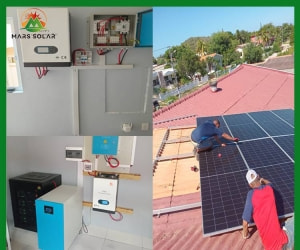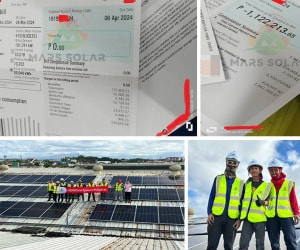According to statistics from India, in the second quarter of 2021, new rooftop solar installations in India amounted to 521 MW Solar Homes, an increase of 53% month-on-month and an increase of 517% year-on-year, a record high.
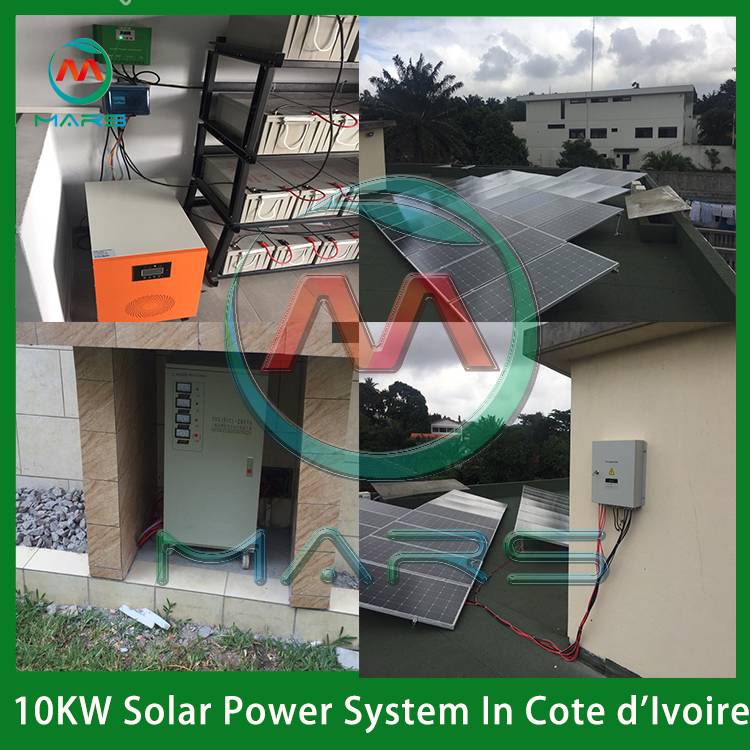
Among them, Gujarat has made a significant contribution. A large number of residential rooftop solar projects have been put into use there, accounting for about 55% of the newly installed capacity. Followed by Maharashtra and Haryana.
In the first half of 2021, India added 862 megawatts of rooftop solar, an increase of 210% year-on-year. This is mainly due to the impact of the COVID-19 blockade on the industry in the first half of 2020. At present, the installed capacity in the first half of the year has exceeded the 719 MW rooftop solar capacity for the whole year of 2020.
In the second quarter of this year, despite the second wave of pandemic and blockade policies, the number of installations was still significantly higher than the previous quarter. This is mainly because the blockade is targeted and the industry is fully prepared, and installation activities have not been greatly affected.

As of the end of June 2021, India’s cumulative rooftop solar installations reached 6.1 GW. In the second quarter of 2021, more than 130 MW rooftop solar projects were tendered, down 69% month-on-month, but up 46% year-on-year. This quarter, Urja Vikas Nigam in Madhya Pradesh, Jharkhand Bijli Vitran Nigam, Haryana Renewable Energy Development Agency and West Bengal Renewable Energy Development Agency issued major rooftop solar tenders.
On the other hand, compared with the 38 million rupees/MW in the first quarter of 2021, the average cost of rooftop solar systems in the second quarter increased by 3% to 39.1 million rupees/MW. Due to the increase in component and other costs, system costs have been rising since the third quarter of 2020. Even with rising costs, consumers realize that solar energy is still cheaper than retail electricity prices.
-
 Case Study: 200kW Solar Power System Project for a Rice Mill in a Remote Area ofProject Overview This is a rice mill located in a remote area of Abuja, Nigeria. The local municipal power supply is unstable, and electricity tariffs have increased multiple times this year. Due to the unreliable grid power, the customer can only oper
Case Study: 200kW Solar Power System Project for a Rice Mill in a Remote Area ofProject Overview This is a rice mill located in a remote area of Abuja, Nigeria. The local municipal power supply is unstable, and electricity tariffs have increased multiple times this year. Due to the unreliable grid power, the customer can only operDo you like ?0
Read more -
 Solar PV System Expansion: Compatibility, Efficiency & Implementation Guide1. Background and Necessity Early-installed PV systems generally fail to meet the growing energy demands of modern households and enterprises. Compared with replacing the entire system, expansion is a more economical option—but the core question
Solar PV System Expansion: Compatibility, Efficiency & Implementation Guide1. Background and Necessity Early-installed PV systems generally fail to meet the growing energy demands of modern households and enterprises. Compared with replacing the entire system, expansion is a more economical option—but the core questionDo you like ?0
Read more -
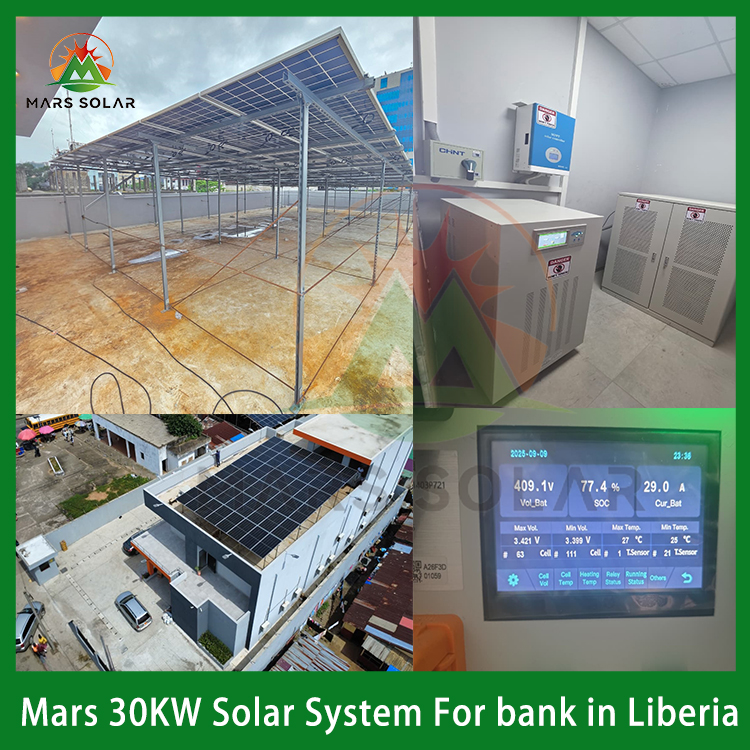 Customized Off-Grid Solar System for a Liberian Bank: Achieving Power IndependenWhen Banks Face the Challenge of "Grid Power Outages and Voltage Fluctuations": A Real-World Solution from Liberia In scenarios where the power grid is unstable and manual intervention is difficult, how to ensure the 24/7 stable operation
Customized Off-Grid Solar System for a Liberian Bank: Achieving Power IndependenWhen Banks Face the Challenge of "Grid Power Outages and Voltage Fluctuations": A Real-World Solution from Liberia In scenarios where the power grid is unstable and manual intervention is difficult, how to ensure the 24/7 stable operationDo you like ?0
Read more -
 2MW Solar Panel System For Factory2MW mars solar grid-tied solar panel system for factory have designed, produced, and installed in a factory.How does Mars Solar build such a solar panel system for factory? 1. Data collection Before designing the plan, the factory owner vi
2MW Solar Panel System For Factory2MW mars solar grid-tied solar panel system for factory have designed, produced, and installed in a factory.How does Mars Solar build such a solar panel system for factory? 1. Data collection Before designing the plan, the factory owner viDo you like ?0
Read more -
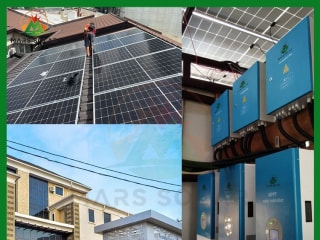 100KW Solar For Hotels And Resorts In NigeriaIn December 2024, the Mars Solar 100KW Nigeria solar for hotels and resorts project was successfully completed. In May 2024, the customer contacted Mars solar and had a series of communications on the solar for hotels and resorts project. The d
100KW Solar For Hotels And Resorts In NigeriaIn December 2024, the Mars Solar 100KW Nigeria solar for hotels and resorts project was successfully completed. In May 2024, the customer contacted Mars solar and had a series of communications on the solar for hotels and resorts project. The dDo you like ?0
Read more -
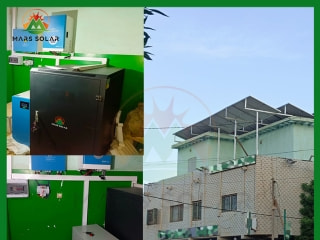 Reliable Energy Solutions for a Mali Pharmacy: 15KW Solar System Success StoryIn the heart of Mali, reliable electricity is a significant challenge, with power coming on for just 2 hours and then cutting off for 4 hours multiple times a day. This erratic power supply is particularly problematic for businesses that depend on consist
Reliable Energy Solutions for a Mali Pharmacy: 15KW Solar System Success StoryIn the heart of Mali, reliable electricity is a significant challenge, with power coming on for just 2 hours and then cutting off for 4 hours multiple times a day. This erratic power supply is particularly problematic for businesses that depend on consistDo you like ?0
Read more


